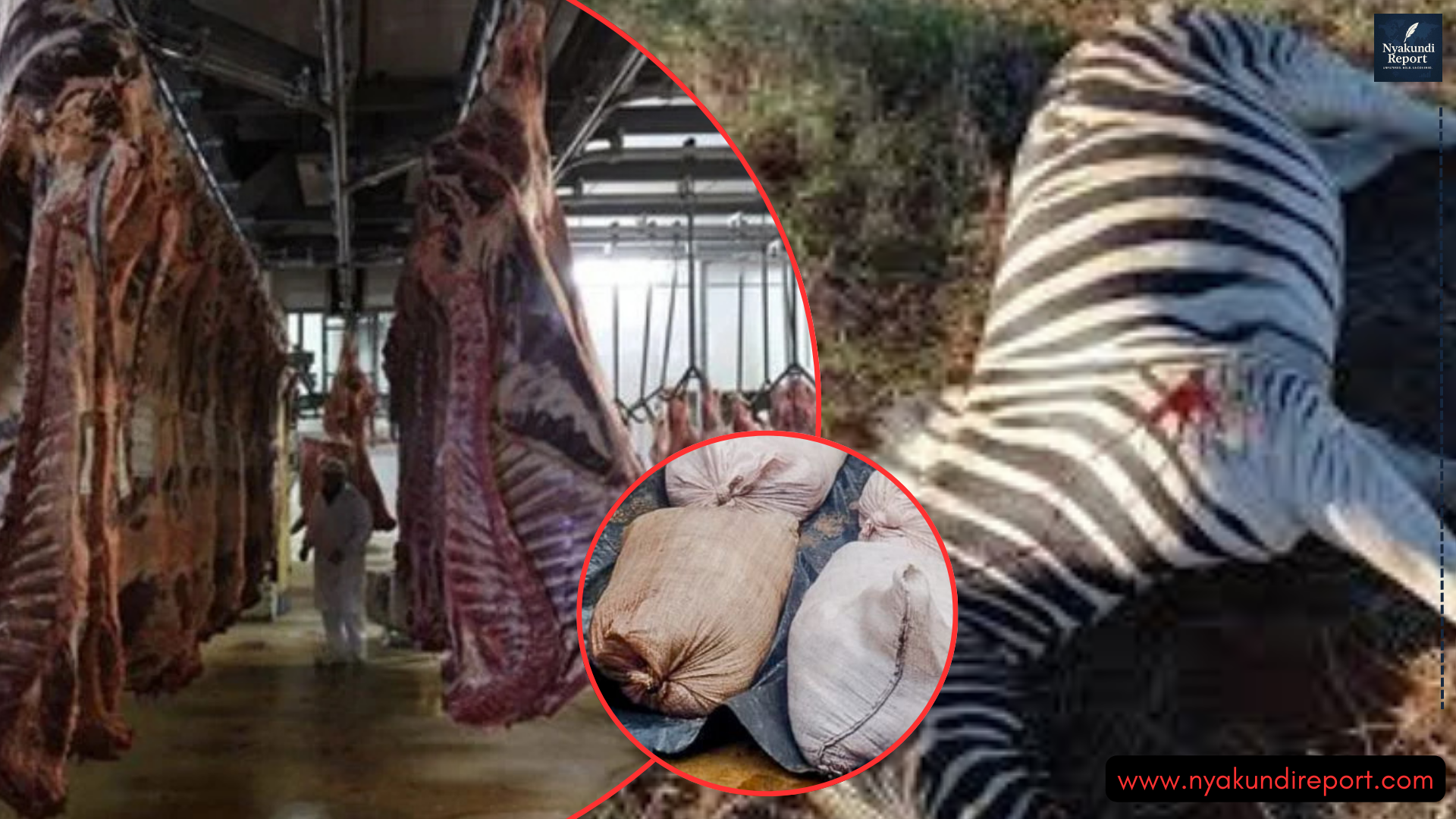Pig farming in Kenya is quickly becoming one of the most lucrative agribusiness ideas for smallholder and large-scale farmers.
This form of livestock keeping is attracting more attention due to the high demand for pork across the country. With minimal space requirements and quick growth rates, pigs provide fast returns on investment compared to other livestock.
Whether you are a beginner or an experienced farmer, understanding the key aspects of pig farming is important for long-term success and sustainability.

Pig Farming In Kenya: A Profitable Venture With Growing Demand
To succeed in pig farming in Kenya, farmers must consider various factors, including the right pig breeds, housing, feeding, disease control and access to market. Each of these elements plays a vital role in the health, productivity, and profitability of the farm.
Best Breeds of Pigs in Kenya
Choosing the right pig breed is essential for a profitable pig farming venture. The most popular breeds in Kenya include:
- Hampshire – Known for rapid growth and excellent meat quality
- Large White – Highly fertile and adaptable to Kenyan climates
- Landrace – Excellent mothers with high milk production
- Duroc – Strong and fast-growing breed with good feed conversion
- Saddleback – Resistant to harsh conditions and easy to manage
- Pietrain – High muscle content, ideal for lean meat production
Each of these breeds offers different advantages depending on your budget, location, and farming goals.
Factors to Consider Before Starting a Pig Farm
Before you start rearing pigs, several considerations must be taken seriously:
- Reliable water source – Pigs need plenty of clean water daily
- Stable market – Ensure there is a ready market for pork and piglets
- Veterinary access – Availability of animal health services is crucial
- Affordable feed – Feed is a major cost, so access to local feed options helps
- Land suitability – Choose a quiet, non-residential area to avoid complaints
Planning ahead can help you avoid common challenges and reduce production costs.
Housing Requirements for Pigs
Proper housing is important to ensure the safety, comfort, and hygiene of pigs. Pig shelters should be:
- Built away from residential areas to reduce odor and disease spread
- Divided into pens based on pig size or age
- Spacious and well-ventilated, with a recommended pen size of 20 x 24 meters
- Shaded and protected from direct sunlight and heavy rains
Good housing reduces disease risks and promotes better growth performance.
Breeding Practices
Pigs are efficient breeders. A female pig (sow) can give birth twice a year, producing 10 to 14 piglets per litter. The gestation period for pigs is 114 days, or roughly 3 months, 3 weeks, and 3 days.
To improve fertility and reduce mortality, it’s advisable to:
- Select healthy parent stock
- Monitor mating and pregnancy
- Provide extra care to pregnant sows
- Prepare clean, warm pens for piglets
With proper care, breeding can significantly boost your stock and profits.
Feeding and Nutrition
Feeding is the biggest cost in pig farming, accounting for about 60% of total expenses. Pigs should be fed:
- Balanced diets including grains, vegetables, meat, kitchen leftovers, and commercial feed
- 2-3 kilograms of feed per day depending on age and size
- Constant clean water, with adult pigs needing 20-50 litres daily and piglets needing up to 10 litres
Proper feeding leads to faster weight gain and better quality pork.
Common Pig Diseases and Prevention
Pigs are prone to diseases, particularly if hygiene is poor. Common issues include:
- Diarrhea
- Worm infestations
- Respiratory infections
To prevent disease outbreaks:
- Keep pig pens clean and dry
- Deworm regularly
- Vaccinate as advised by a vet
- Isolate sick animals to prevent spread
Routine health checks and early treatment save time and money.
Market for Pigs in Kenya
The market for pigs and pork in Kenya is growing fast. Demand for pork outpaces supply, creating a golden opportunity for pig farmers. You can sell to:
- Slaughterhouses
- Hotels and restaurants
- Butcheries
- Schools and institutions
Some farmers even get contracts to supply pork directly. A well-fed, mature pig can earn you up to Kshs 30,000, making it a rewarding venture.
Pig farming in Kenya is not only profitable but also manageable for anyone willing to invest time and resources. With the right breed, proper care, and access to a ready market, your pig farming business can grow rapidly.
The secret lies in good planning, regular health checks, quality feed, and understanding the needs of your animals. As pork demand rises, pig farmers are likely to enjoy even better returns in the near future.







































